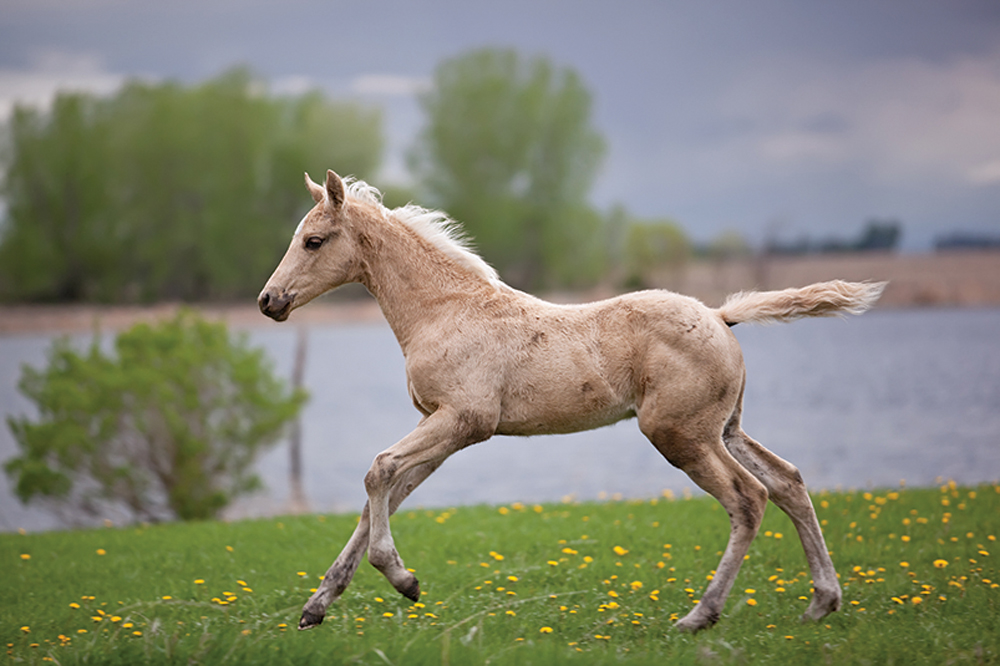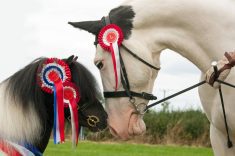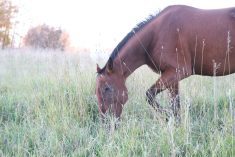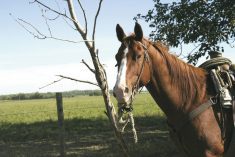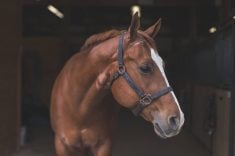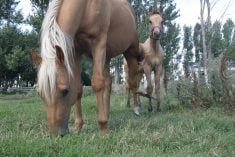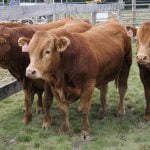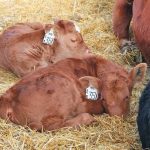Epigenetics is an emerging branch of genetic science that examines the impact of the environment on an organism’s development.
This field shows that genes can be switched on or off through life events without changing DNA sequences.
The epigenome serves as a type of biological software that directs the genomic hardware of cells to determine gene expression, affecting the shape and development of the organism. Epigenetics determines how a horse responds and adapts to its environment, and is just as important as genetics for healthy outcomes and success in various disciplines. Epigenetics can be seen as a type of developmental programming.
Read Also
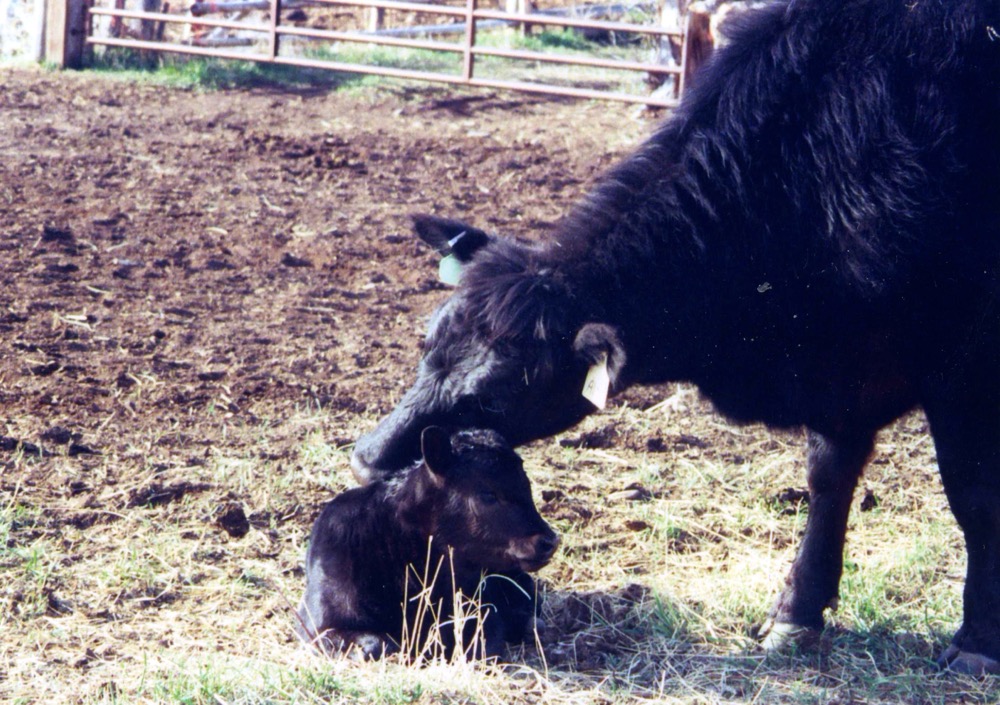
THROWBACK: Preparation is key to smoother calving season
Boost calving success by prioritizing herd nutrition, equipment prep, newborn care, and producer well-being.
Man-made choices for the care of the horse deeply impact its health and well-being. While the DNA that a foal is born with plays a role in its future potential, it is not a defining role. Everything that happens to a foal — diet, lifestyle and relationships with other horses and humans — can affect its future as an adult horse.
Environmental factors such as dietary practices, husbandry, lifestyle, vaccination, deworming protocols and drug use are all epigenetic influencers that can affect gene behaviour and regulation, either positively or negatively. These epigenetic influencers can either up-regulate or down-regulate genetic expressions, favouring health or favouring disease.
Diet plays a particularly important role in shaping a horse’s development through epigenetic mechanisms. For instance, research shows that the diet of a weanling establishes the foundational gut microbiome for its lifetime. A high fibre diet based on long stem forages, early on, cultivates a resilient microbiome that protects the adult horse from many intestinal issues.
Another example of epigenetic influence through diet was found in Belgium when foals born to dams fed concentrated feed during pregnancy were eight times more likely to develop osteochondrosis lesions and/or developmental bone diseases than those born to dams fed only forage.
The processed diet fed to the pregnant mares resulted in the formation of abnormal cartilage and/or bone in the youngster, with subsequent pathological lesions predisposing the horse to arthritis with age. In this case, an arthritic outcome of the offspring was set in motion by the dam’s diet while pregnant.
Additionally, inactive lifestyles favour development of obesity and metabolic syndromes that have broad negative impacts on the horse’s health due to overfeeding and lack of movement.
Epigenetics also play a significant role in the development of a horse’s feet. Weak hoofs are rarely of genetic origin; rather, they can generally be traced back to deficiencies in the horse’s diet, movement, and/or hoof management, especially during the formative years.
Epigenetic factors are particularly important during a horse’s formative years, when nutrition and activity are crucial for healthy physical, mental and emotional development.
Epigenetic changes can be temporary or permanent. While some negative changes may be reversible with effort, prevention is always the best strategy. By making informed choices about the horse’s care and providing a healthy environment from the beginning, the horse can be set up for a lifetime of optimal health and performance.
Through the lens of epigenetics, it is becoming increasingly apparent that many man-made drivers in the horse industry have a substantial impact on the overall health and well-being of the horse.
There is enormous opportunity to leverage the information of epigenetics for both equine veterinarians and horse owners alike to optimize the health and welfare of the horse.


